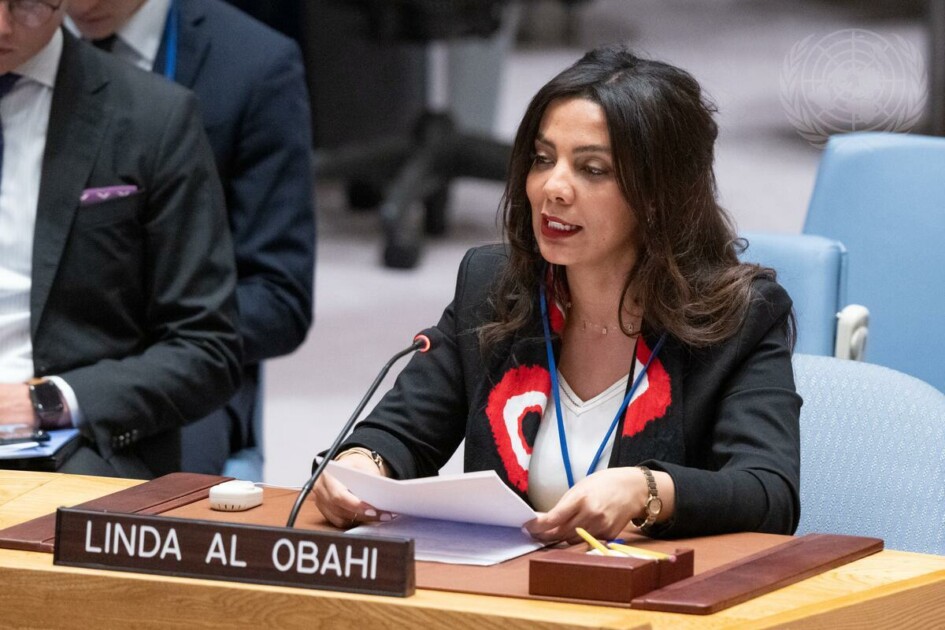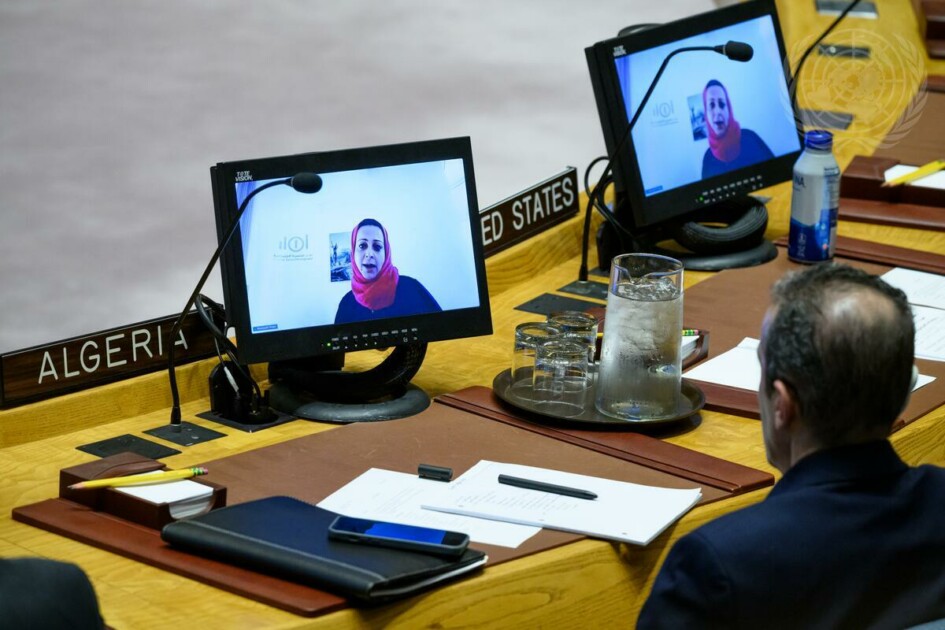Yemen
Yemen
Current and Past Recommendations to the UN Security Council (Monthly Action Points)
The Security Council’s discussions on the situation in Yemen have historically failed to reflect critical gender dimensions, despite multiple meetings of the IEG on WPS (S/2019/253, S/2021/264) and briefings by civil society (2017, 2018, 2019, 2020, 2021). It is urgent that the Security Council calls for an immediate end to hostilities, in line with resolution 2532 (2020), that would support viable conditions for protecting civilians, including women, and lead to a resumption of peace negotiations. It is important for Council members to continue to emphasize the necessity of women’s full, equal and meaningful participation and leadership in peace and political processes, ensuring a minimum 30% quota of women in all processes as a matter of urgency. The Special Envoy should receive the full support of the Council and the broader international community to ensure the realization of an inclusive Yemeni-led and Yemeni-owned political process with the full, equal and meaningful participation of diverse women, youth and civil society – of all political backgrounds from all regions of Yemen, in all diplomatic tracks and stages of the peace process. To inform their work, the Special Envoy should consult regularly and transparently with civil society, especially diverse women’s groups, and ensure that diverse women representatives directly participate throughout the entire peace process – from shaping the agenda to drafting a ceasefire agreement and engaging in negotiations. It is necessary, therefore, for the international community to ensure women’s civil society organizations are supported through the provision of core, flexible and long-term funding. Humanitarian assistance in Yemen has been undermined by ongoing and escalating violence in multiple Governorates earlier this year, extreme constraints on humanitarian access (particularly on access to services, restrictions on movement and interference with humanitarian activities), humanitarian diversion, donors’ failure to meet aid obligations, and ongoing blockages of oil, food and other vital supplies. The war in Yemen has claimed more than 233,000 lives, and in Marib, June 2021, was the deadliest month of the conflict thus far. The deteriorating security situation and a new surge of COVID-19 cases amid a fragile health system also contribute to the challenging environment. The Security Council should demand all conflict parties allow for the full, unimpeded, sustained, and secure humanitarian access for the principled passage of humanitarian relief for civilians in need, and further urge the international community to increase contributions to meet the UN humanitarian appeal for Yemen. Finally, a core driver of the conflict in Yemen is the proliferation of weapons. The Council should consider the recommendations made by civil society briefers, the report of the Group of Eminent Experts (GEE), and the Panel of Experts, calling on states – including some Council members and their allies – to cease arms transfers and other support to the conflict parties and to comply with their obligations under international humanitarian law and the Arms Trade Treaty (ATT).
Relevant Resources








